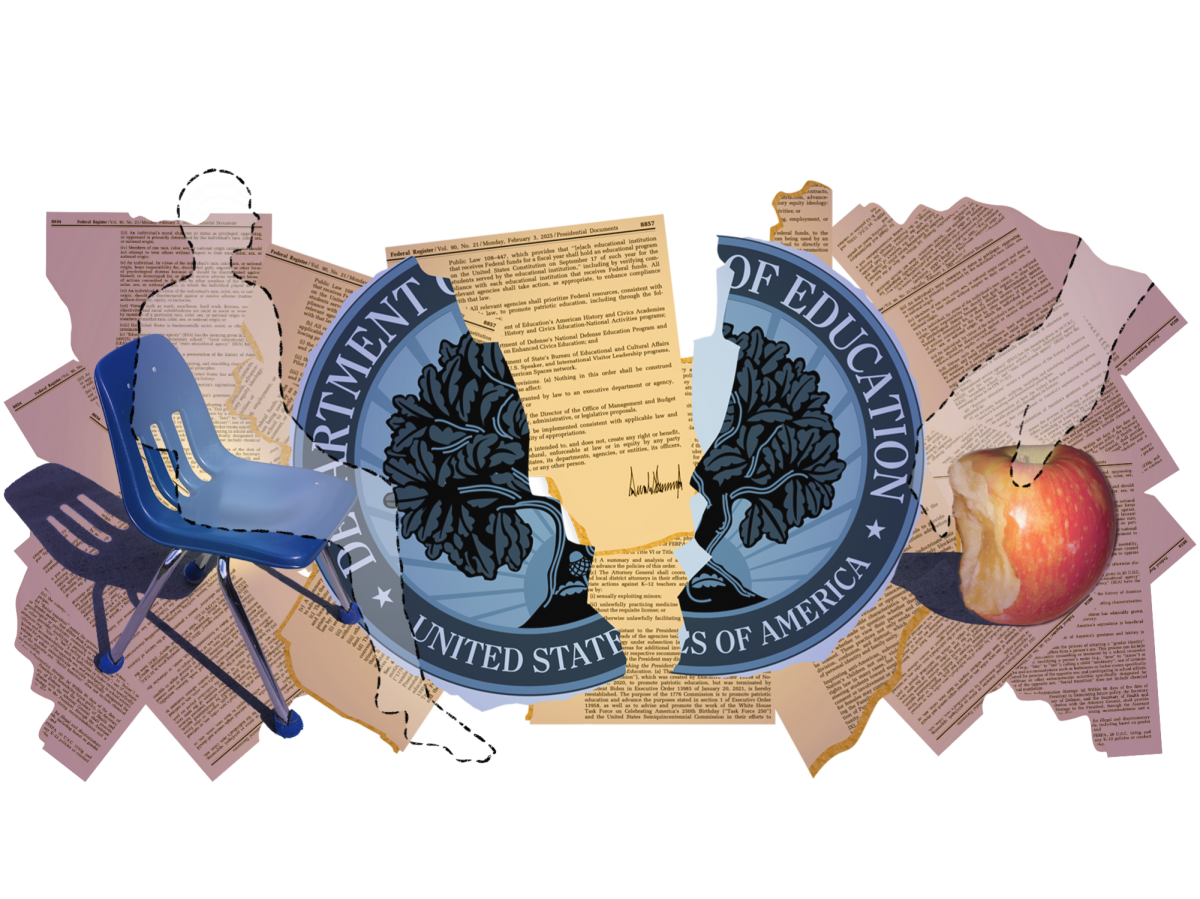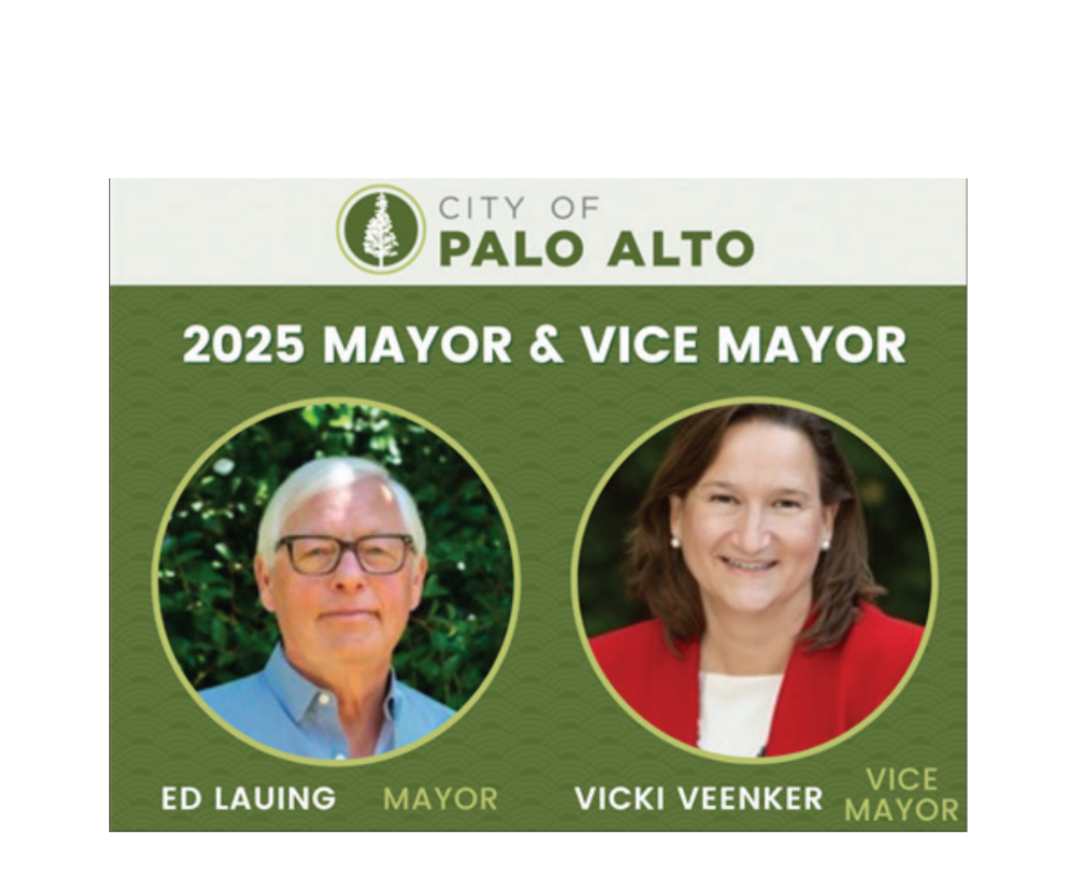Written by Samuel Tse and Maya Rapoport
After the election of President Donald Trump, there has been increased concern over the current White House administration’s stance and policies regarding the environment, as well as the position of the United States on climate change at a global level.
According to whitehouse.gov, the administration’s America First Energy Plan would be “committed to eliminating harmful and unnecessary policies such as the Climate Action Plan and the Waters of the U.S. rule” as well as “take advantage of the estimated $50 trillion in untapped shale, oil and natural gas reserves,” specifically referring to federal lands across the country.
Concerns over policies
Various motions made by the White House have been directed at environmental issues. On Jan. 24, Trump signed a memorandum to expedite the approval of the Dakota Access and Keystone XL oil pipelines, two pipelines which were heavily disputed during former president Barack Obama’s administration. This prompted critics to condemn the pipelines, saying that they would put air and water quality at risk.
According to Stanford Professor of Earth Systems Science Noah Diffenbaugh, if Trump does what he said he would do during the campaign, it will increase air pollution and water pollution. “I think the clearest indication that we have is what President Trump said during the campaign, [which] includes increasing fossil fuel extractions on the order of $50 trillion and restricting regulations,” Diffenbaugh said. “There is no way to do both those things without increasing air pollution and water pollution.”

During his presidential campaign, Trump also announced his plan to withdraw from the Paris Agreements, alarming the 195 nations involved in the agreement. “Withdrawing from [the] Paris Agreements and eliminating the clean power plan would also roll back environmental protection,” Diffenbaugh said.
Diffenbaugh worries about Trump’s new appointed officials as well. “[Trump] is appointing people to cabinet positions who are antagonistic to agencies and departments that are important for the environment,” he said. For instance, Scott Pruitt’s nomination for Environmental Protection Agency (EPA) administrator was approved on Feb. 17, despite Pruitt suing the EPA multiple times and working to eliminate policies geared toward preserving the environment.
Chief Sustainability Officer Gil Friend, who has been working on developing a sustainability strategy in Palo Alto, condemns the federal government’s plan to roll back environmental protection policies, such as the Clean Air Act and the Clean Water Act. “We’ve made enormous progress in this country on air quality and water quality and energy efficiency and renewable energy, and, over these past decades, most Americans did not want to see those rolled back,” Friend said.
According to Friend, Trump’s executive order signed on Feb. 2, which removes restrictions on dumping coal mining waste into water, is detrimental to aquatic health and people who use those specific waterways.
Taking Action
Despite the threat of regulations being rolled back, Friend says California will continue leading the nation in environmental protection. “The governor was very explicit about that a few weeks ago in a very strong speech where he said California has a very successful strategy and will continue to pursue it regardless of what Washington does,” Friend said.
According to Friend, current environmental programs have very clear benefits for the people of Palo Alto. “They improve environmental quality, they improve quality of life and they contribute to the economy and prosperity.”
Although the city does not have the legal authority to override any federal restriction, it can implement environmental projects at a local scale. Among other programs, the city plans to continue focusing on climate change, renewable energy and waste plants. “We are certainly not going to stop because of what is being said in Washington,” Friend said.
Gunn’s Zero Waste Champion and biology teacher Neeti Schworetzky also believes federal regulations will not change how the school and the Palo Alto Unified School District (PAUSD) will approach environmental programs. “What we are hearing at the federal level is a lot of change is going to happen,” Schworetzky said. “But that doesn’t take away our power as citizens at the basic level.”
Schworetzky mentions that many environmental programs at Gunn have been inspired by students. “The three bin [system] came out because the students said this is really what we need and the signs came about because again that is what the students thought we really needed,” Schworetzky said. “I have [ideas] that I think would be great to do, and I’m going to keep pushing for them, but my biggest source of ideas is the students. If we give students time and resources, kids can do almost anything.”
To help the environment, Friend advises students to walk or bike to school and avoid buying a car. “Road travel is a very big part of the environmental footprint in Palo Alto,” he said. He also recommends that students pay attention to their diet. “Go organic or range-fed, or consider reducing meat in your diet,” Friend said.
In addition, Friend encourages students to always think about what they are purchasing, in terms of food, clothing and other items. “As consumers, making smart choices about what we buy is a very powerful way to influence things,” Friend says. “Every time you drop a dollar on a counter for electronics or food or clothing, you are voting for a future. You are saying, ‘I want the world to go in this direction or that direction.’”
Schworetzky emphasizes that each and every person can make a difference. “I know that I can still, through my purchasing power and through my everyday actions, have a lot of the same impact,” Schworetzky said. “I’m going keep it local and I’m going to do what I can here and encourage others to do similar things. Government is always going to change, presidents are always going to change, administrations change, but we can control our own behaviors.”













